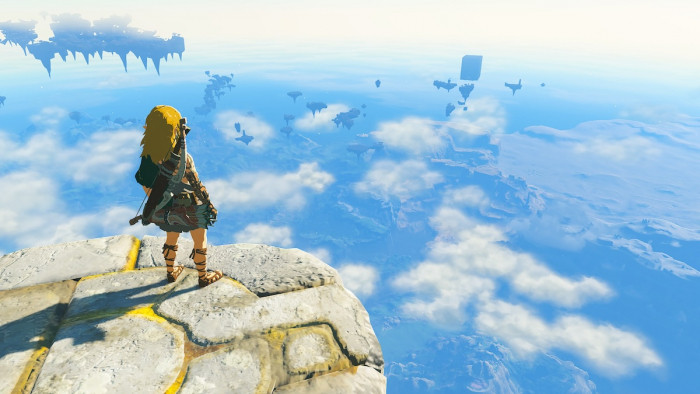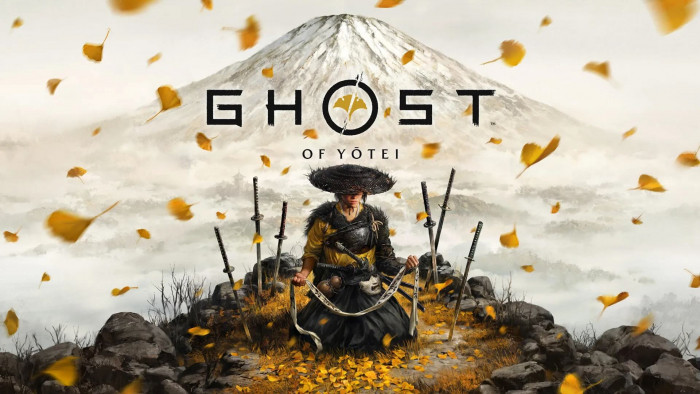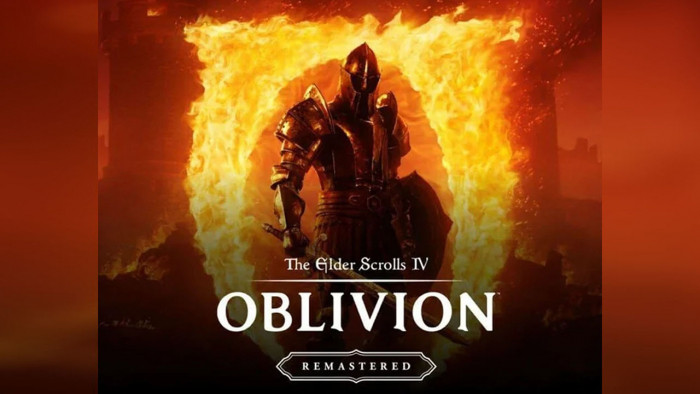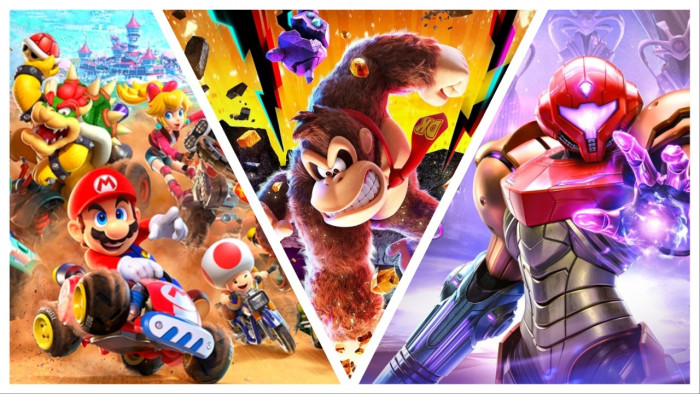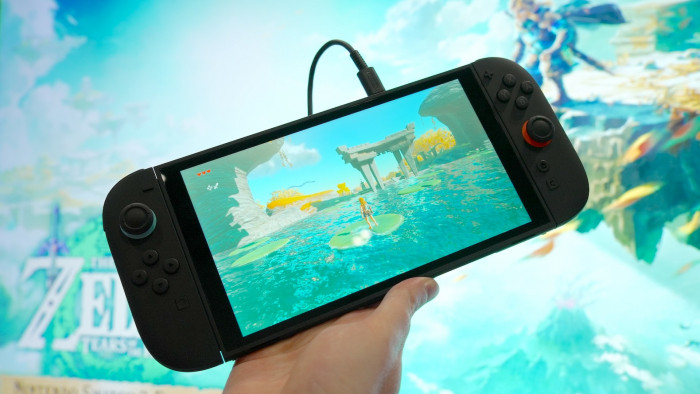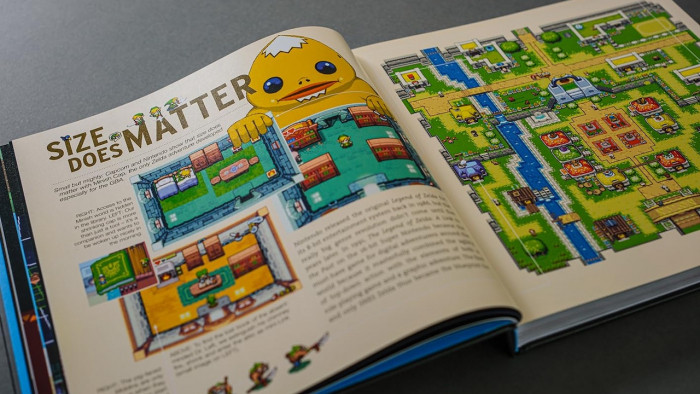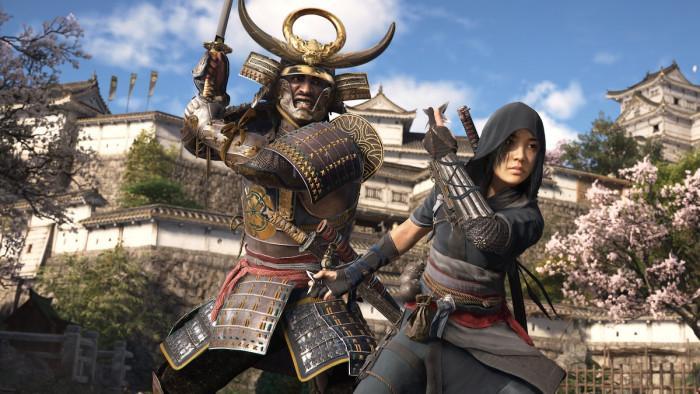Adverts are coming to Pokémon GO - but it's not as bad as you think
Sponsored locations could help the free app earn mega money


Pokémon GO is big, big business.
Racking up 15 million downloads in the US alone, the augmented reality app has started its roll out in Asia and Europe - a move that's already sent Nintendo's stock price soaring 50 per cent in recent weeks.
While the app is free to download, in-app purchases are currently the only way that Niantic - the studio behind the massively popular game - can generate cash from their gaming phenomena. However, the augmented tricks of the game could be about to unleash one of the most potent advertising campaigns in the history of digital stuff.

How Pokémon GO will make all the money
Niantic CEO John Hanke has told the Financial Times that the app will soon offer "sponsored locations" to various partners.
By paying Niantic a big fat wadge of cash, a brand might be able to turn all of its real-life locations into Gyms, Pokéstores or locations for rare Pokémon - encouraging the legions of players into its doors.
Advertisers will be charged on a "cost per visit" basis, similar to the "cost per click" used in Google’s search advertising.

Who is likely to partner with Pokémon GO?
Hanke wouldn't reveal to the FT who was set to be amongst the first to take advantage of the new advertising potential, but one earnest Redditor KcYoung believes they've found the answer hidden in Pokémon GO's app.
KcYoung found a McDonald's logo in the depths of the app's build, while Australian student Manu Gill found further mentions of the fast food chain in the app's code.

It's not good news for everyone
This form of advertising isn't going to disrupt the way players interact with the game - if anything, it could add a bunch of neat perks to your play session for visiting shops or foot outlets you'd already gladly visit.
We can't imagine that Nintendo will happily allow Niantic to sign any deals that will annoy the fan base, nor bring in any changes that force players into locations you have to pay to enter to find any particularly rare Pokémon. Anything that sees players drop off the app is bad news for everyone.
However, all this could be concerning news for the likes of Twitter and Facebook: if players continue to spend more time in Pokémon GO than the majority of other social media apps, this new advertising model could rival the advertising revenues of other apps.
So long as it keeps the app free and fun, we're happy.
Latest
Related Reviews and Shortlists


